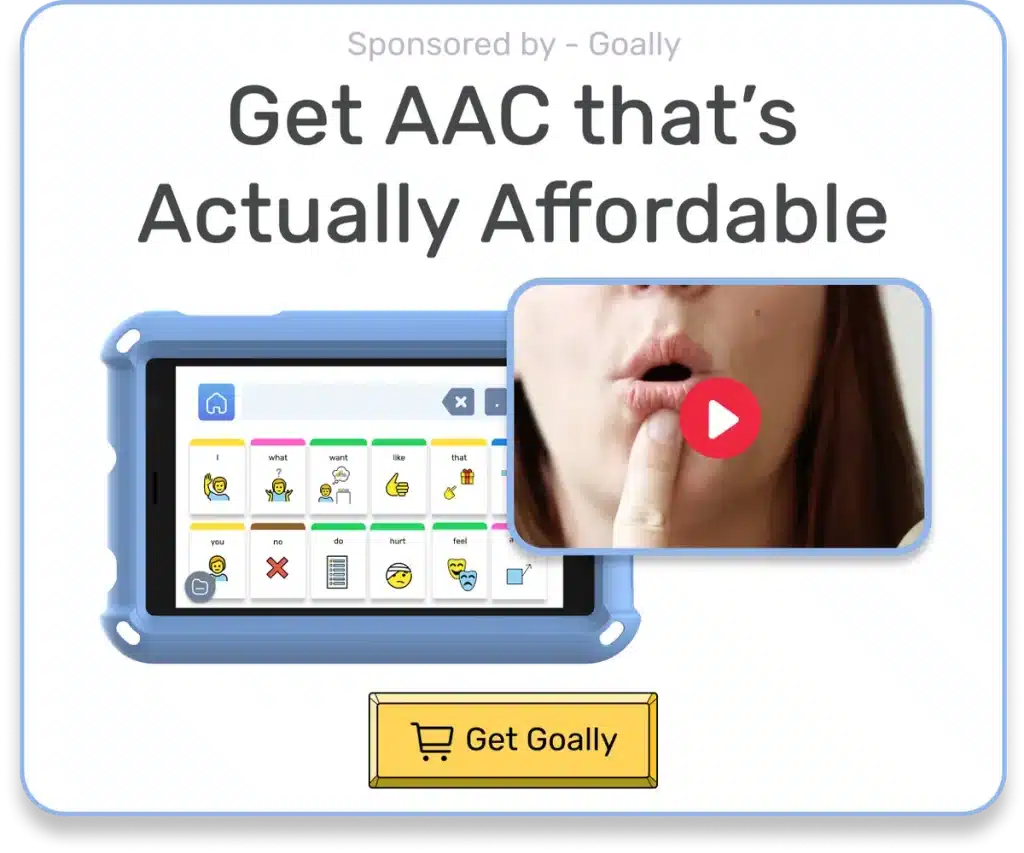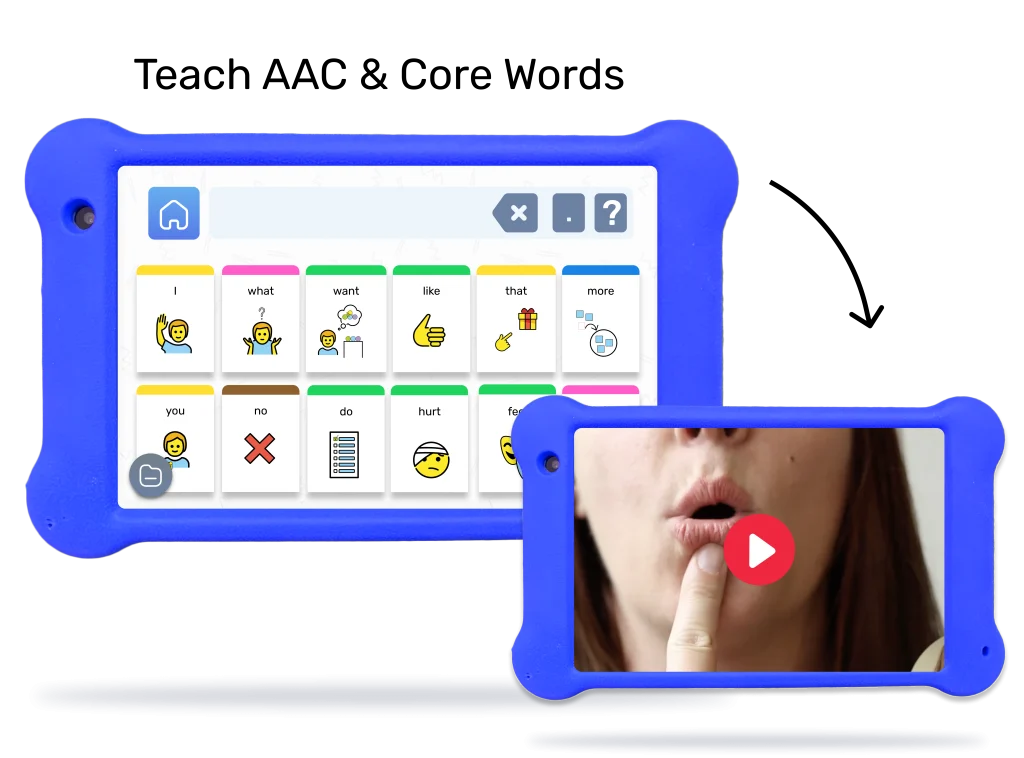Do you sometimes feel your child struggles to communicate effectively? They’re trying, but the words don’t seem right. You’re not alone in this; there’s an explanation for it — apraxia. This blog post aims to simplify this complex disorder for you, providing clarity and equipping you with the knowledge to navigate this communication journey with your child. And, to make it a little more interesting, we’ve thrown in an apraxia quiz you can take later on. Stay with us as we unravel the facets of apraxia in kids.
Table of Contents
What is Apraxia?
Above all, let’s start with the basics. Apraxia is a motor speech disorder that impacts a child’s ability to speak intelligibly. In other words, kids with apraxia have difficulty coordinating the muscle movements needed to form words.
Signs & Symptoms of Apraxia
So, how do you identify if your child might have apraxia? Here are some signs to look out for:
- Difficulty putting sounds and syllables together in the correct order to form words
- Making inconsistent sound errors
- Struggling to say longer words or complex phrases
Types of Apraxia in Children
Let’s clarify the two main types of Apraxia that affect kids.
1. Childhood Apraxia of Speech (CAS)
- Primarily affects children under age 8
- Can persist into adolescence and adulthood
- Characterized by inconsistent errors, difficulty with sound sequences, and altered rhythm and inflection.
2. Acquired Apraxia of Speech
- Occurs after a brain injury or stroke
- Can happen at any age
- Characterized by inconsistent errors and difficulty forming words.

Read more: 3 Celebrities with Apraxia of Speech
Apraxia vs. Other Speech Disorders
But how does apraxia differ from other speech disorders? In short, apraxia affects the motor skills required for speech. Other speech disorders could be linked to muscular strength, coordination, or cognitive development. That is to say, every speech disorder is different and requires a different approach.
Apraxia Test: How is it Diagnosed?
Diagnosing apraxia involves a comprehensive evaluation by a speech-language pathologist. They’ll consider your child’s speech and motor skills, language development, and other factors. Try out Goally’s apraxia test included in this blog for a deeper understanding.
Supporting Your Neurodivergent Child
Above all, remember that your child’s journey with apraxia is not something they must navigate alone. As a parent, there’s so much you can do to help. Try these strategies to assist your child in overcoming their speech difficulties:
- Speech Therapy: This is the most common treatment for apraxia. A speech-language pathologist can provide exercises and techniques tailored to your child’s needs.
- Home Practice: Reinforce what your child learns in therapy at home. Practice makes perfect, after all.
- Patience and Encouragement: Your child may feel frustrated. Offer support, understanding, and lots of encouragement.
- Goally’s Skill Building Tablet: This tool can help your child practice daily routines, manage time, and build self-confidence.
Read more: How to Help Do Speech Therapy at Home

Goally | Apps that Teach Kids AAC & Core Words
Is your child facing challenges in expressing themselves or communicating effectively? Goally has one of the best language language learning apps for kids to support their journey in building essential communication skills!

The Word Lab and AAC Talker apps provide a simple, engaging platform for your child to learn core words and become a functional communicator right from the start. Customize the experience with a voice that suits them, and watch as their confidence grows in expressing their thoughts and needs!
To Sum Up…
Understanding and navigating apraxia can feel like trying to solve a complex puzzle. However, you can effectively support your child’s communication journey with knowledge, professional guidance, and tools like Goally’s Skill Building Tablet. Remember, you’re not alone in this; every small step forward is a victory.

Hennah is an experienced writer and researcher, helping children with autism, ADHD, and other neurodivergent conditions. As a blog contributor for Goally, she combines her deep understanding of neurodiversity with practical advice, offering valuable insights to parents and educators.






